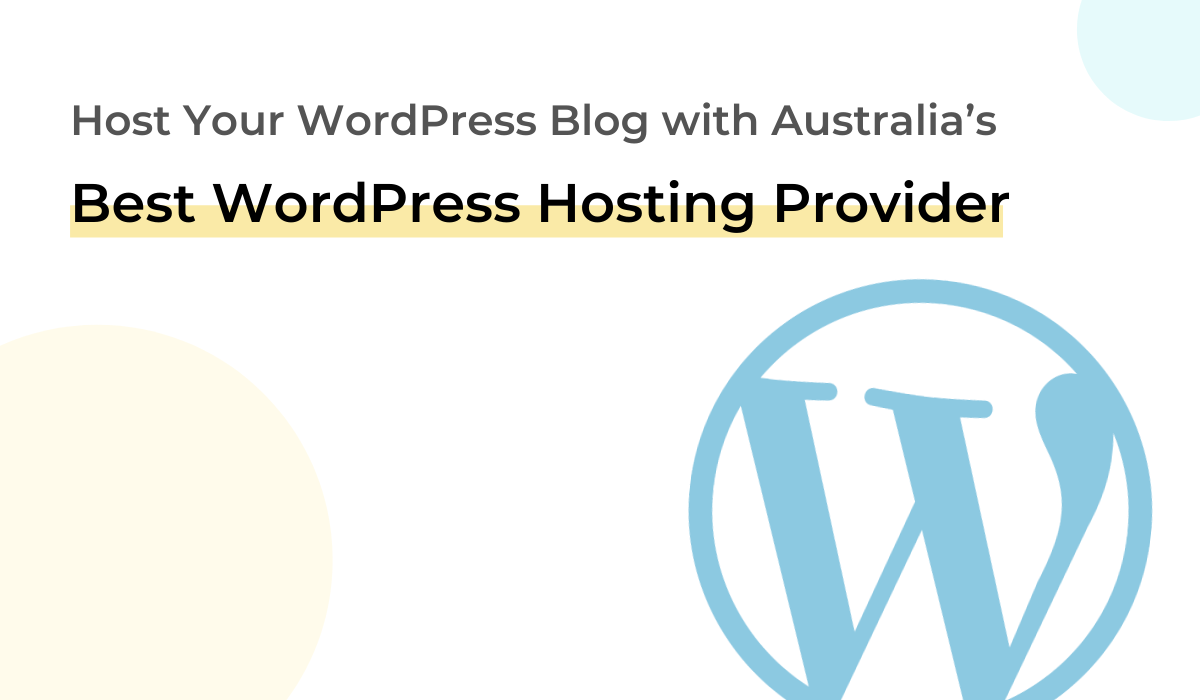Choosing the right hosting plan is crucial for the performance, security, and scalability of your WordPress website. For most website owners, the decision boils down to two popular options: Shared WordPress Hosting and Managed WordPress Hosting.
Each hosting type offers its own set of features, benefits, and limitations. While shared hosting is affordable and beginner-friendly, managed hosting offers optimized performance and expert support at a higher price.
In this detailed guide, we’ll explore the differences between shared and managed WordPress hosting, compare their pros and cons, and help you choose the right one based on your website’s goals and growth potential.
Shared WordPress hosting refers to a hosting environment where your website shares server resources (CPU, memory, bandwidth) with several other websites. It’s a cost-effective and beginner-friendly hosting solution commonly offered by providers like Bluehost, HostGator, and GoDaddy.
It is ideal for:
Personal blogs
Portfolio websites
Early-stage startups
Hobby sites
Shared hosting is like renting an apartment in a large building—you share amenities (resources) with neighbors.
Key Features:
One-click WordPress installation
Free domain (usually for the first year)
Shared resources and basic control panel
Limited storage and bandwidth
2. What is Managed WordPress Hosting?
Managed WordPress hosting is a premium service tailored specifically for WordPress users. These hosts not only provide the infrastructure but also manage core updates, backups, security, and performance optimization for you.
Popular providers include WP Engine, Kinsta, Flywheel, and SiteGround’s managed plans.
Think of managed hosting as a fully serviced luxury apartment with a concierge. You focus on living (publishing content), while the staff handles everything behind the scenes.
Key Features:
Automatic WordPress updates
Daily backups & easy restore points
Staging environment for testing
Advanced caching and CDN integration
Expert WordPress support
| Feature | Shared Hosting | Managed WordPress Hosting |
|---|---|---|
| Price | $1 – $10/month | $15 – $60/month |
| Performance | Average | High-speed, optimized |
| Security | Basic | Advanced, proactive |
| Backups | Sometimes included | Daily automatic backups |
| Support | General hosting support | WordPress expert support |
| Scalability | Limited | Highly scalable |
| Maintenance | Manual | Fully managed |
✅ Pros:
Affordable: Perfect for beginners and small businesses.
Easy Setup: Most providers offer one-click WordPress installs.
Freebies: Often comes with free SSL, domain, and email.
❌ Cons:
Slow Loading Times: Limited resources can affect performance.
Less Secure: Vulnerable to other sites on the same server.
Manual Maintenance: You’re responsible for updates and backups.
Limited Scalability: Struggles to handle traffic spikes.
Pros and Cons of Managed WordPress Hosting
✅ Pros:
Superior Performance: Optimized servers, caching, and CDN.
Hands-Free Maintenance: Automatic updates and backups.
Better Security: Malware scanning, firewalls, and DDoS protection.
Expert Support: WordPress-specific help 24/7.
Time-Saving: Lets you focus on growing your site, not fixing it.
❌ Cons:
More Expensive: Not suitable for very tight budgets.
Plugin Restrictions: Some plugins may be banned for performance/security reasons.
Limited Customization: Advanced users may miss root access.
Key Factors to Consider Before Choosing Hosting
🔹 Website Traffic
If you expect low traffic or are just starting out, shared hosting will suffice. However, if you’re running a high-traffic blog or business website, managed hosting ensures better uptime and speed.
🔹 Budget Constraints
Shared hosting is ideal if you’re budget-conscious. But consider managed hosting as an investment in performance and peace of mind—especially if your website is part of your business.
🔹 Technical Expertise
Managed hosting is perfect for those who want to avoid dealing with technicalities. Shared hosting requires you to handle things like security patches, plugin updates, and backups.
🔹 Type of Website
Blogs, portfolios, personal sites → Shared Hosting
Online stores, business websites, news sites → Managed Hosting
Use Cases: Which Hosting Fits Which Type of Website?
Personal blogs with low traffic
Students and hobbyists
Informational sites or portfolios
Small websites with static content
✅ Managed Hosting Works Best For:
Growing businesses
WooCommerce and eCommerce stores
High-traffic blogs
Agencies managing multiple WordPress sites
Membership or course-based websites
Switching Hosting Providers: Is It Easy?
Yes! Most managed WordPress hosts offer free migration services or simple tools to help you move your site from a shared environment.
🔄 Benefits of Switching to Managed Hosting:
Improved load speed and performance
Enhanced site security
Less time spent on maintenance
Fewer plugin conflicts and downtime issues
Just make sure to back up your website, check for plugin compatibility, and update your DNS settings when switching.
Final Thoughts: Making the Right Hosting Choice
The decision between shared and managed WordPress hosting boils down to your website goals, budget, and time.
You’re a beginner just launching a site
You want to minimize costs
Your site doesn’t require high performance or advanced security
🔵 Go With Managed Hosting If:
Your site is business-critical or revenue-generating
You expect or already receive decent traffic
You want a secure, high-performance environment
You prefer to spend less time on technical tasks




